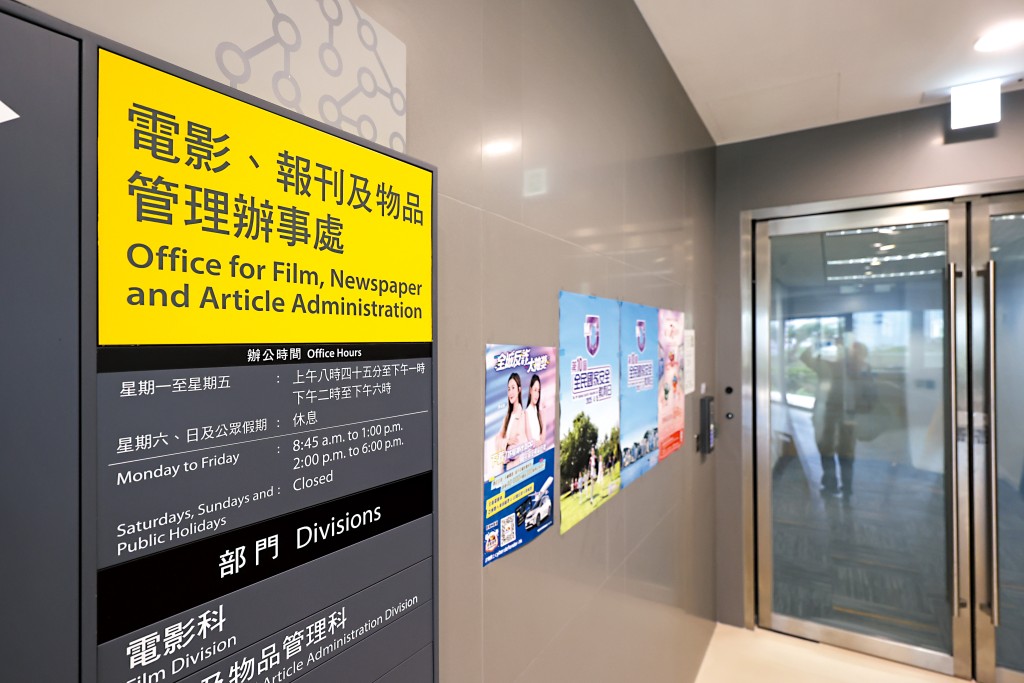Enhanced film censorship aims to safeguard national security amid artistic concerns

The Film Censorship Ordinance and the Film Censorship Guidelines for Censors, effective November 2021, have enhanced Hong Kong’s film censorship system to better protect national security under the Hong Kong National Security Law by filtering out inappropriate films.
The spokesperson for the Hong Kong Film Workers Association, Tenky Tin Kai-man, said he has never heard of mainstream commercial films needing content modifications or bans after review, estimating that the affected films are mostly independent or documentaries.
Political figures said that during the black-clad violence, the opposition produced and
sensationalized documentaries like (‘Revolution of Our Times’ and ‘Inside the Red Brick Wall’)
that glorified violence and fostered hatred against the government.
Enhancing the film censorship system would help prevent actions that could threaten national security.
According to statistics from the Office for Film, Newspaper and Article Administration, after revising the Film Censorship Ordinance, over 39,000 films were reviewed by July this year, with only 0.16 percent needing modifications or bans due to national security concerns.
The film censorship system in Hong Kong dates back to the colonial era, granting the government the power to censor films politically, which was abolished just before the handover, leaving primarily content related to pornography and violence.
Globally, film censorship exists to manage violence, pornography, and political content, often aligned with national security goals.
Commentators argue that safeguarding national security and creative freedom are not mutually exclusive.
After improving the censorship system, creators and investors have more precise boundaries, potentially enhancing the quality of artistic works.
Several Hong Kong films, such as ‘The Last Dance’, ‘A Guilty Conscience’, ‘The Sparring Partner’, ‘Twilight of the Warriors’, etc, have gained international acclaim, indicating continued creative vitality.
However, recent media attention on the film ‘Deadline’, which explores student suicide and remains unapproved, raised concerns about its content.
Critics pointed out that the director’s previous works, like ‘Ten Years’, have been linked to anti-China sentiments.
The film’s producer has ties to Taiwan’s Democratic Progressive Party, which has been criticized for promoting Taiwan independence.
The political figure stated the need for thorough consideration by censorship authorities, given the film’s controversial background.
In November 2021, the Film Censorship Ordinance came into effect, allowing for stricter enforcement of national security considerations.
This ordinance mandates that examiners assess whether a film’s release could harm national security and enhances penalties for unauthorized screenings, imprisonment for up to three years and/or a fine of up to one million dollars.



